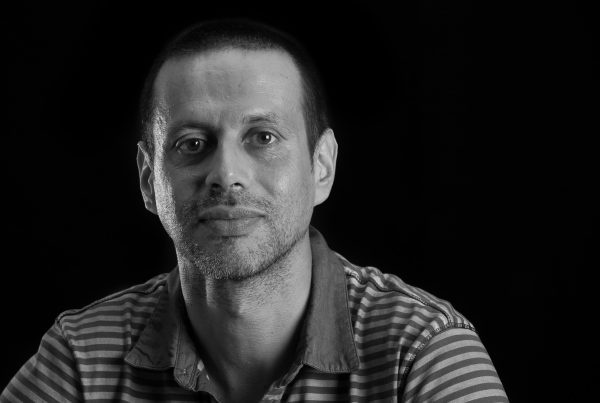After obtaining a PhD for work on Drosophila DNA binding proteins (CID-CSIC, Barcelona), he gave a strong turn to his career to apply his molecular biology skills to study a disease affecting less developed countries: malaria. He worked for four years as Head of the Molecular Parasitology lab at the Papua New Guinea IMR, where his research mainly focused on basic aspects of malaria parasite biology, but also on epidemiological aspects of the disease. Back to Europe, he worked for over two years at the MRC-NIMR (London) on epigenetic regulation of gene expression and invasion of erythrocytes by malaria parasites. In 2006 he moved to IRB Barcelona with an ICREA jr contract. In 2011 he joined CRESIB/ISGlobal, and in 2012 he was appointed ICREA Research Professor. His research of the last few years has focused on epigenetic variation in malaria parasites, which plays a key role in the adaptation of these parasites to changes in their environment and in sexual conversion.
